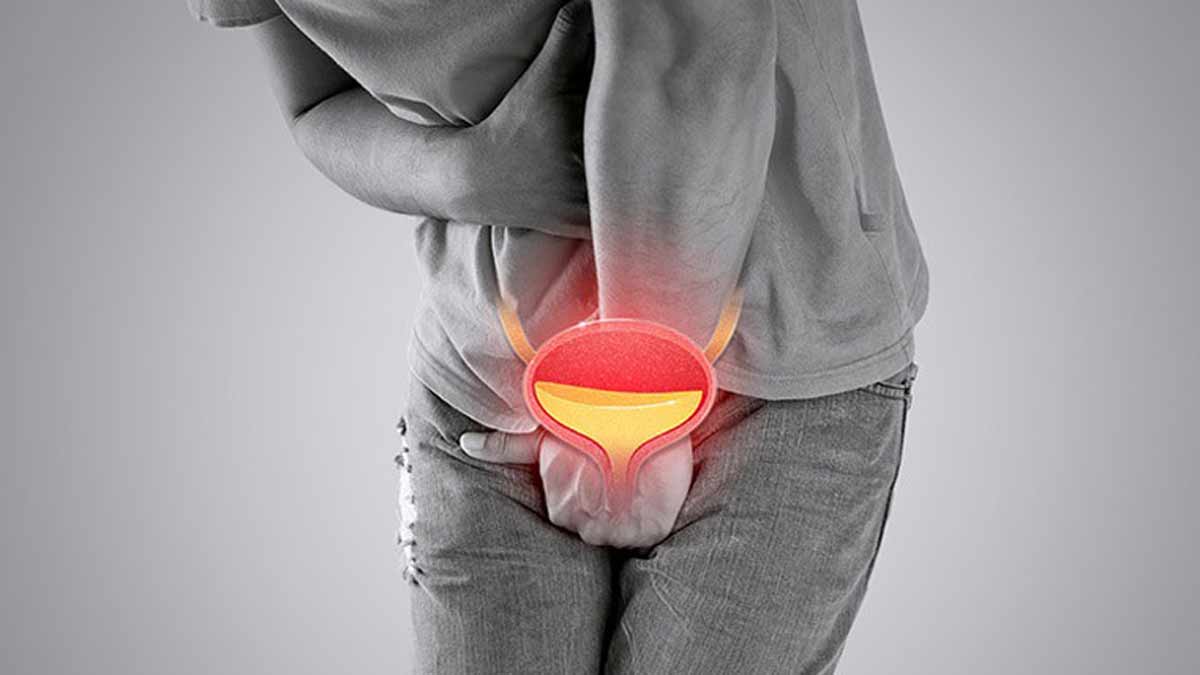Is it safe to hold it in and not relieve immediately? Experts explain the health outcomes of delaying urination

Almost all of us have been there- stuck in a meeting, crawling in a traffic jam, not wanting to use a public toilet and thus holding it in, an act that can have terrible outcomes.
Dr Sandeep Harkar, Principal Consultant, Urology, Manipal Hospital, Gurugram, and Dr Rahul Gupta, Senior Consultant Urologist, Head of Renal Transplant and Urology, Sarvodaya Hospital, Faridabad, weigh in on the consequences.
While occasionally delaying urination might seem harmless, making it a habit can have consequences that extend far beyond temporary discomfort.
Research from the National Library of Medicine in 2022 revealed a striking connection between delayed urination and health complications. In a study of 816 female hostel residents, 27.5% reported urinary tract infections, with habitual delay in urinating being strongly linked to UTI occurrence. This data underscores what urologists have long observed: our bodies aren't designed to routinely hold urine beyond natural capacity.
The bladder has a normal capacity of 300-500 ml. It functions like a sophisticated storage and release system. When we consistently ignore our body's signals to empty this reservoir, we set off a cascade of problems.
Five major health consequences:
Urinary tract infections (UTI)
All of us have heard of these. When urine sits stagnant in the bladder for extended periods, it creates an ideal environment for bacterial multiplication. This urinary stasis becomes a breeding ground where harmful bacteria can flourish, leading to painful UTIs. The risk is particularly high for women due to their shorter urinary tracts, making bacterial migration easier.
Left untreated, these infections don't stay localised. They can ascend to the kidneys, causing pyelonephritis – a serious kidney infection that can lead to permanent damage and requires immediate medical attention.
Bladder damage
The bladder muscle is like a rubber band. When you repeatedly overstretch a rubber band, it loses its elasticity and never quite returns to its original shape. The same principle applies to the bladder. Regular overstretching due to holding excessive amounts of urine causes permanent weakening of the bladder muscle.
This weakening creates a vicious cycle: the damaged muscle struggles to contract properly, making it difficult to empty the bladder completely. The result is urinary retention, incontinence, or in severe cases, the need for catheterization – a medical procedure where a tube must be inserted to empty the bladder.
Physical discomfort
The immediate effects of holding urine extend beyond the obvious lower abdominal pain. When your bladder exceeds its comfortable capacity, the discomfort can manifest as restlessness, reduced focus and concentration, and even headaches. These symptoms occur because your body is diverting energy and attention to manage the internal pressure and discomfort.
Bladder stones
Prolonged urine stasis allows minerals naturally present in urine to settle and crystallise. Over time, these crystals can grow into substantial bladder stones, requiring medical intervention to remove. These stones can cause severe pain, bleeding, and further complications if left untreated.
Kidney damage
The most concerning is the potential for irreversible kidney damage. When the bladder consistently fails to empty properly, urine can back up into the kidneys. This backward pressure, known as vesicoureteral reflux, can cause permanent kidney damage over time, particularly if the problem is neglected for extended periods.
Warning signs you should not ignore:
Burning sensation during urination, a persistent heavy feeling in your lower abdomen, or an increased urgency to urinate. These are the body's way of alerting you to potential problems that need attention.
The solution is simple. Listen to your body and respond appropriately. Aim to empty your bladder every 3-4 hours or when you feel a comfortable urge to go. The exact frequency varies based on your hydration level, age, and individual bladder capacity, but the principle remains the same: don't ignore your body's signals.
Health